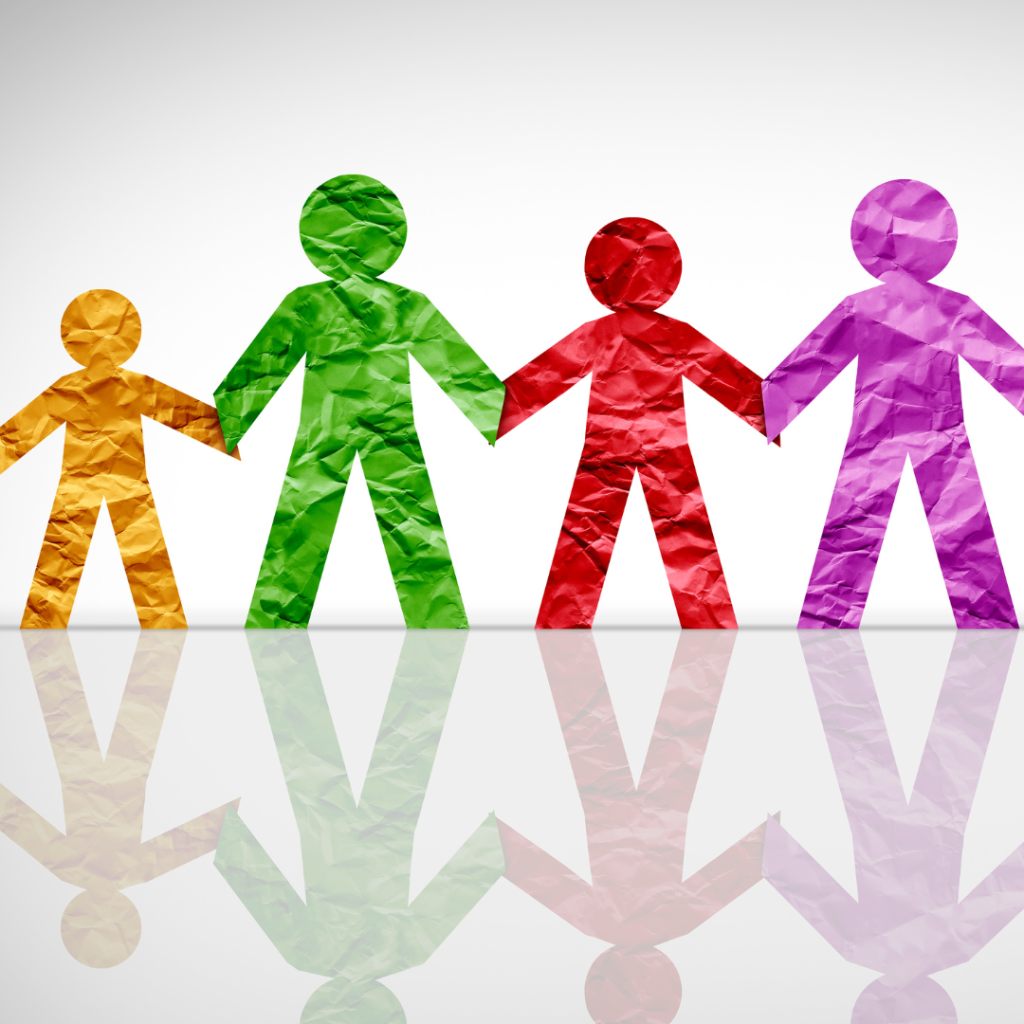
In today’s fast-paced work environments, workplace conflict is an unavoidable reality that many businesses must face. These conflicts, if left unaddressed, can escalate, leading to decreased productivity, low morale, and even higher employee turnover. However, mediation offers a cost-effective and structured solution to manage conflict within the workplace. Unfortunately, several myths persist about what mediation truly entails, and one of the most common is the idea that ‘mediation is about becoming friends’.
Dispelling the Myth: Mediation Isn’t About Friendship
It’s common for parties involved in workplace conflicts to experience strong emotions—anger, frustration, disappointment—that significantly influence their perceptions, behaviours, and decisions surrounding the issue. These emotions can quickly spiral out of control, leading to tense office environments, frequent misunderstandings, or even heated grievance meetings. It’s not unusual for employees who once enjoyed friendly interactions—such as grabbing a coffee together outside of work—suddenly to find themselves unable to even reply to each other’s work-related emails without creating further workplace conflict.
However, it’s crucial to understand that while mediation seeks to give conflicting parties ownership over the problem and its resolution, it does not necessarily aim for them to become friends afterwards. The primary goal of mediation is to bring together conflicting parties in a structured setting to resolve their disputes professionally, not personally.
What Mediation Truly Offers
Mediation is a voluntary and confidential process where a neutral third-party mediator facilitates dialogue between conflicting parties. This process allows individuals to express their concerns, understand the other party’s perspective, and work collaboratively to reach a mutually acceptable solution. While the improvement of the working relationship is often a common objective, the end result is not necessarily a renewed friendship, but rather a functional and respectful professional relationship that benefits both the employees and the business.
Here’s what mediation really focuses on:
- Mediation Can Improve Professional Relationships: The process helps parties develop a better understanding of each other’s viewpoints and work styles, which can lead to improved collaboration and communication moving forward.
- Mediation Allows Parties to Take Control of Their Emotions: Through guided discussions, individuals learn to manage their emotions and respond to conflicts in a constructive manner, reducing the likelihood of future disputes.
- Mediation Empowers Parties to Create Their Own Solutions: Rather than having a solution imposed upon them, the parties involved have the opportunity to craft a resolution that works best for both sides, fostering a sense of ownership and commitment to the outcome.
Why HR Professionals Should Embrace Mediation
For HR professionals, mediation is a powerful tool in the conflict resolution toolkit. It not only helps to resolve disputes quickly and effectively but also supports the development of a positive workplace culture. By incorporating mediation into your HR strategies, you can reduce the frequency of formal grievances, enhance employee engagement, and create a more harmonious work environment.
Need Help Managing Workplace Conflict? Get in Touch
If you’re an HR professional or a business leader looking to manage conflict in your workplace effectively, mediation might be the right solution for you. Feel free to get in touch for expert advice on how mediation can be tailored to meet your specific needs. Call us at 0333 888 1360 or email [email protected]






